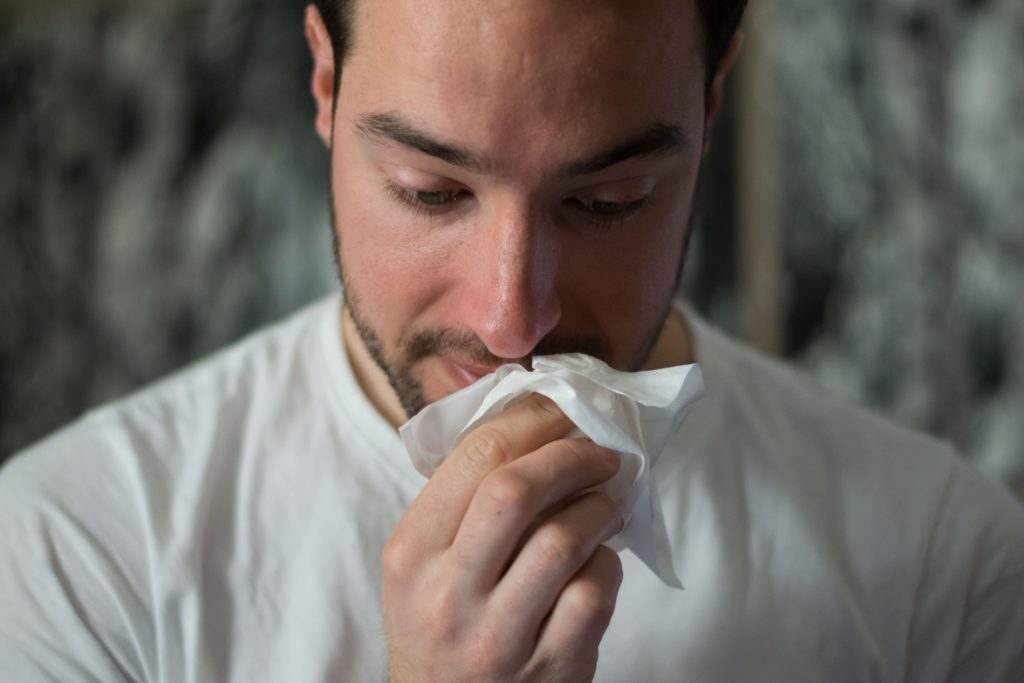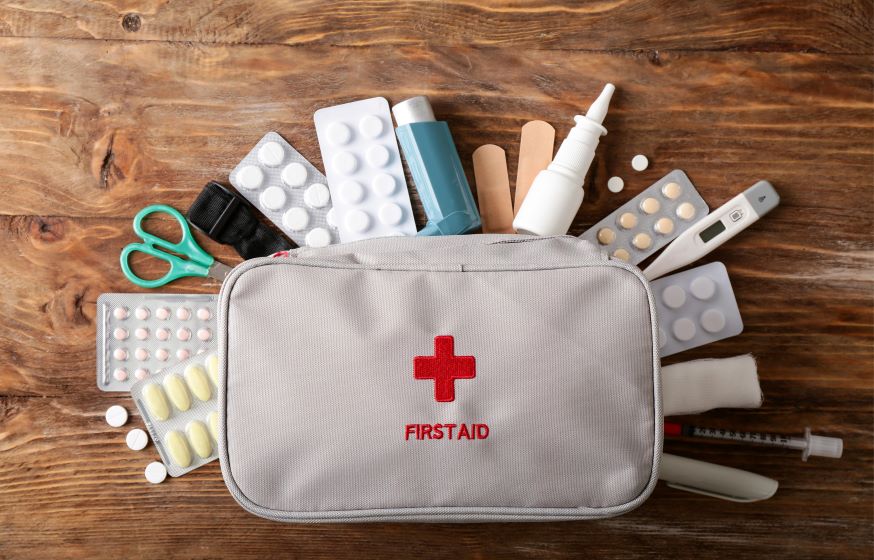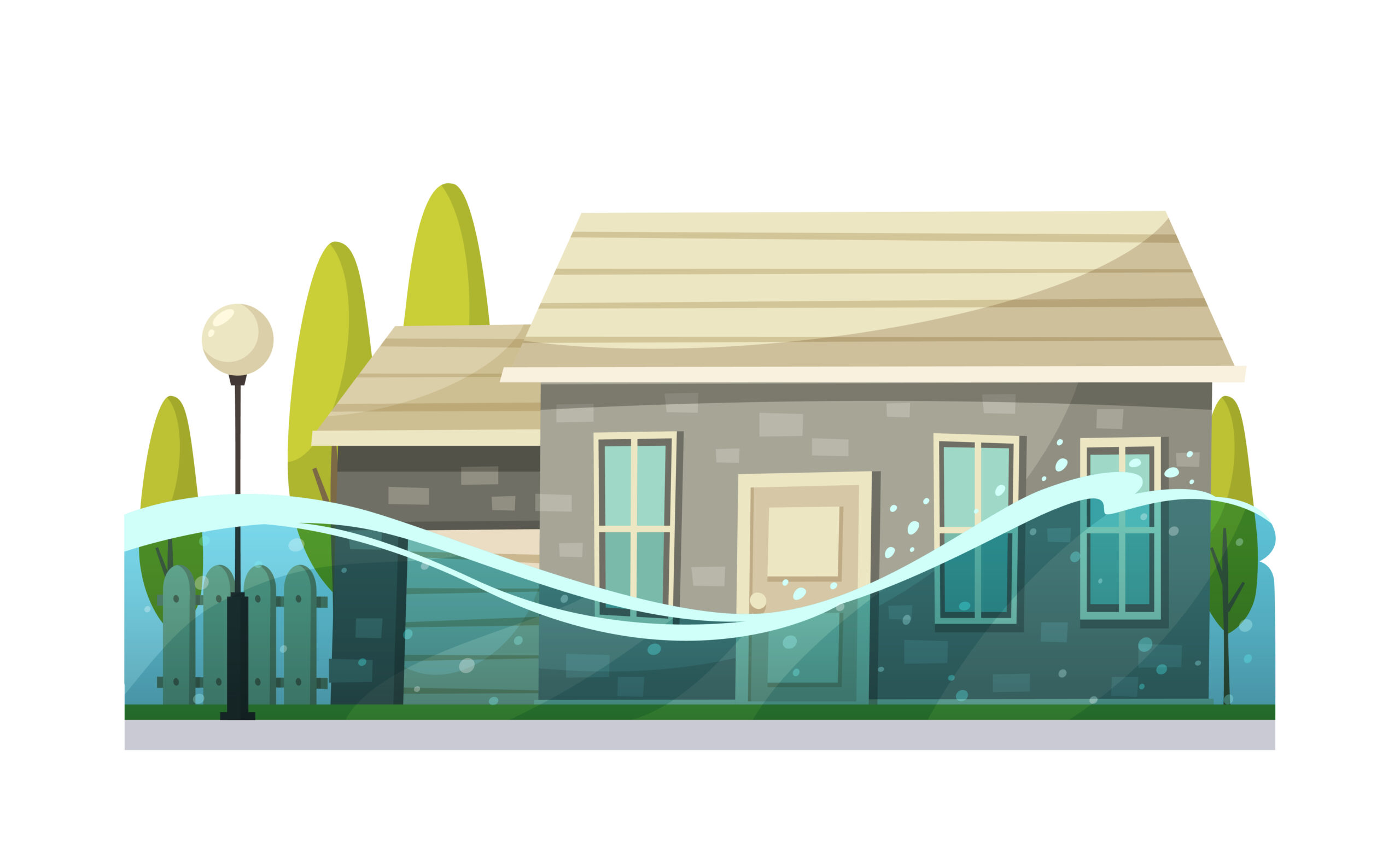The flowers are in full bloom, and the grass is growing. Most likely, you are stuck inside your house, blowing your nose and dealing with sneezing and watery eyes. High chances that you are dealing with summer allergies.
Suffering from summer allergies or hay fever can be miserable. Luckily, there are several ways you can do treat your allergies. Below are some tips to help you with your allergies before and after they start acting up.
What Causes Seasonal Allergies?
Summer allergies, otherwise called seasonal allergies, occur when your body’s immune system tries to defend itself against allergens. Allergens refer to any substances that can cause an allergic reaction, such as pollen or mould.
Allergic reactions can take the form of cold-like symptoms. These include nasal congestion, runny nose, frequent sneezing, and watery, itchy eyes. While these symptoms are typically minor, having a chronic cold can make your summer months miserable. Unable to provide immediate allergy treatment can make symptoms worse and lead to more serious illnesses.
The good is there are many ways you can do to control your allergy symptoms.
-
Recognise symptoms of allergy
Summer allergies mainly affect the eyes, nose, mouth, and sinuses. However, the effect may vary from person to person, and not everyone will experience the full array of symptoms.
The common allergy symptoms are the itchy roof of the mouth, hives, and watery eyes, but it can mimic signs of infection. If your symptoms include sneezing, coughing, runny nose, sinus congestion, or pain, you may be reacting to seasonal irritants.
Knowing your symptoms and when they get worse can give you an idea of what you may be allergic to.
-
Know your medications
Over-the-counter (OTC) medications can help reduce allergy symptoms. All new OTC antihistamines and decongestants are equal in terms of effectiveness. However, its effect may still depend on the body’s reaction. Some patients may find one type better than another. It is why it’s important to have alternate medications or try new types per season to relieve symptoms.
It is best to schedule an appointment with an allergist or your GP to discuss prescription allergy medications.
-
Use nasal sprays and nasal rinse.
A saline rinse is an effective way to relieve allergy symptoms, and it can be done using nasal sprays or a neti pot. It works by clearing out the pollen from the nasal passages that help minimise allergy symptoms.
If nasal sprays do not work for you, you can opt to gargle a saline solution (saltwater) at least.
-
Stay indoors on windy days.
The wind carries a decent amount of pollen through the air in the summertime, causing allergic reactions. And according to research, pollens can travel up to 400 miles from their original source.
If you suffer from allergies, it is best to stay indoors during hot, windy days. Make sure to shut the windows and close the doors to avoid pollens getting into your home.
-
Focus on well-being
Allergy symptoms and their aftereffects can take a lot out of you. The best thing you can do is focus on your well-being and how you are feeling. If you are not feeling well, do not overdo it and listen to your body. If you are feeling tired than usual, it is your body’s way of telling you to take a break and rest.
For serious allergic reactions (anaphylaxis), first aid must be administered immediately.
Conclusion
Do not let seasonal or summer allergies stop you from enjoying the beautiful outdoors. Use our allergy control tips to help nip your symptoms in the bud.
After doing these tips, if your allergy symptoms still do not improve, it is best to consult your doctor. Schedule an appointment with your GP or an allergist who has expertise in treating an allergic reaction.
Taking a First Aid course will also help you get back to feeling your best. Learn everything about allergies, including its symptoms and its appropriate first aid treatment.








